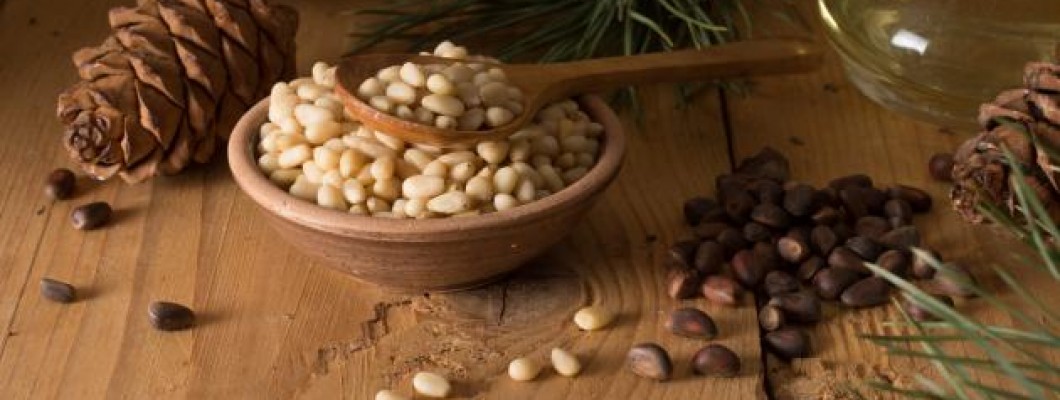
Pakistani Nuts: Rich and Popular
Who among us doesn't enjoy nuts? They're a delicious and versatile snack that can be enjoyed with savory main dishes and desserts alike. One of the renowned nuts that enhance the flavor of popular Arab dishes is Pakistani nuts, known by various names worldwide.
Discover in this article what Pakistani nuts are, their benefits, and their most famous dishes.
What are Pakistani Nuts?
Pakistani nuts, also known as Chilgozas, are a popular and nutritious addition to many dishes in Pakistan, Afghanistan, Iran, and the Arabian Gulf.Pakistani nuts are packed with essential nutrients such as protein, fiber, and healthy fats, making them an excellent choice for those looking to add a nutritional boost to their meals.
In addition to their health benefits, Pakistani nuts also add a rich flavor to dishes, making them a favorite among both chefs and home cooks alike.
Whether used in savory dishes like biryani or in desserts like baklava, Pakistani nuts are a versatile and delicious ingredient that can elevate any dish.
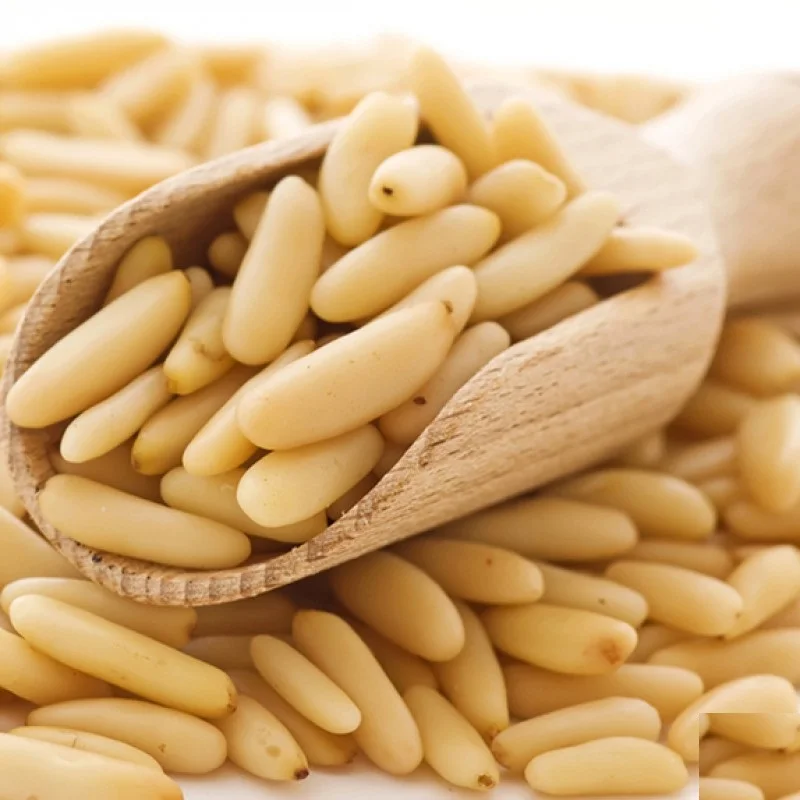
Types of Pakistani Nuts by Growing Location
- Chilgoza Pine: Known for its long, slim, and pointed kernels. It grows in Afghanistan, Pakistan, and the Himalayan forests in India.
- Mediterranean Stone Pine: Considered one of the best varieties of Pakistani pine nuts.
- Korean Pine: Characterized by its thin and long kernels.
- Siberian Pine: Cultivated in central and eastern Siberia and eastern Russia, it resembles Korean pine in shape and size.
- Chinese Pine: Also known as Armand Pine, it is cultivated in China.
- Swiss Pine: Trees grow in the Swiss Alps and various regions of Europe.
Varieties of Pakistani Pine Nuts According to Their Uses
Roasted Pine Nuts: Known for their strong roasted flavor obtained through the roasting process. They are usually used in cooking or enjoyed as a snack.Raw Pine Nuts: Raw pine nuts are known for their delicious and fresh taste. They are used in making sauces, soups, added to salads, and cold dishes.
Sweet Pine Nuts: Ideal for use in desserts and sweet dishes, sweet pine nuts can add a delicious and unique flavor to cakes and other sweets.
The characteristics of pine nuts vary depending on their growth and harvesting methods, as well as how they are stored and used. The diversity of these varieties allows chefs and cooking enthusiasts to enjoy diverse and exciting cooking experiences with Pakistani pine nuts.
Benefits of Pakistani Nuts
Despite their small size, Pakistani nuts are also important for treating and preventing various health problems. They are rich in vitamins C, A, K, E, B vitamins, iron, calcium, magnesium, potassium, antioxidants, dietary fiber, healthy fats, protein, and folate.Some of their benefits include:
- Aiding in weight loss by stimulating the secretion of hormones that reduce appetite and increase satiety due to their high fiber content.
- The unsaturated fats in pine nuts help release a high level of cholecystokinin hormone, which reduces appetite and aids in weight loss.
- Pakistani nuts provide antioxidants that protect against various cancers, fight signs of aging, and maintain skin and body health.
- Improving vision and helping prevent eye diseases such as age-related macular degeneration.
- Serving as a good source of protein and essential amino acids necessary for healthy growth.
- Pakistani pine nuts contain arginine, an antioxidant amino acid that helps regulate blood pressure and prevent blood clots in individuals with high blood pressure.
- Pakistani nuts contain oleic acid, a monounsaturated fat that lowers cholesterol levels and reduces the risk of heart disease.
- Pakistani nuts reduce factors contributing to heart disease, such as high blood pressure and increased oxidative stress.
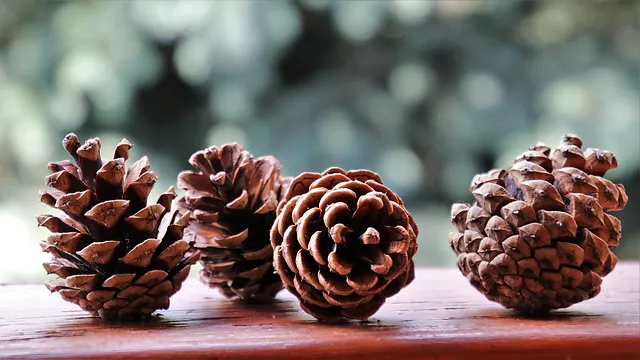
Uses of Pakistani Nuts
Usually, Pakistani pine nuts are lightly roasted before use in cooking. They are not typically consumed on their own but are added to a variety of dishes, both sweet and savory, such as chicken and rice, Mansaf, meat rice, meatballs with pine nuts, or with desserts like Nabulsi-style knafeh with pine nuts.Hazards of Pakistani Nuts
Overconsumption of Pakistani nuts due to their high content of unsaturated fats and calorie density can lead to weight gain.Pakistani nuts may cause allergic reactions in individuals with pine nut allergies and other tree nut allergies.
Nutritional Value of Pakistani Nuts
The nutritional value of Pakistani nuts is high, as they contain healthy fats, fiber, and protein. They are also rich in vitamins A, B, C, and E, as well as minerals such as iron, calcium, potassium, magnesium, zinc, and phosphorus.Reasons for the High Price of Pakistani Nuts
The high price of Pakistani pine nuts is primarily due to the challenging and lengthy process of obtaining the fruits from pine trees. It takes several years of cultivation for the first productive cones to appear, and this period may last up to 25 years.Once the cones bear fruit, it takes pine nuts between 18 months to 3 years to mature. After that, the extraction process, often done manually, takes a long time.
Purchasing Pakistani Nuts
You can purchase all types of nuts, including Pakistani nuts, from the Sweet saray wherever you are in the world.
In conclusion, Pakistani nuts are an integral part of the global cuisine, offering consumers an irresistible experience of rich flavors and high nutritional value.


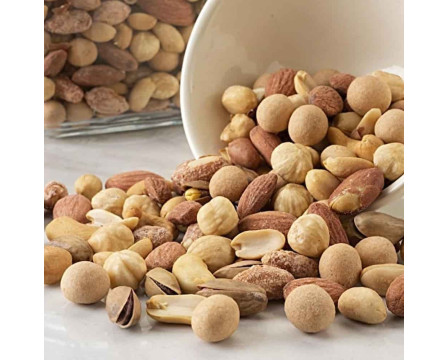
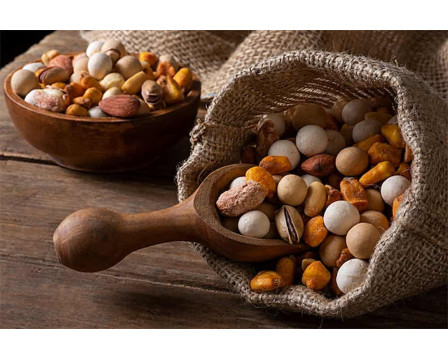
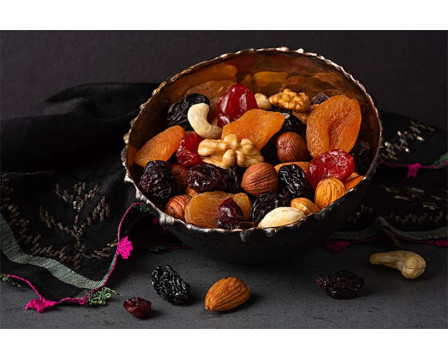
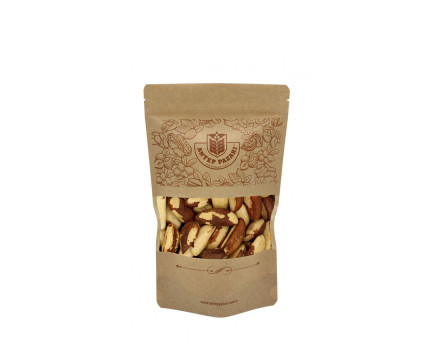
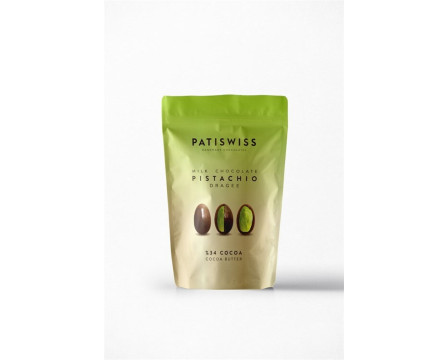
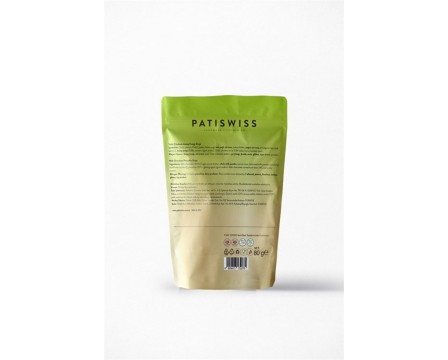
Leave a Comment